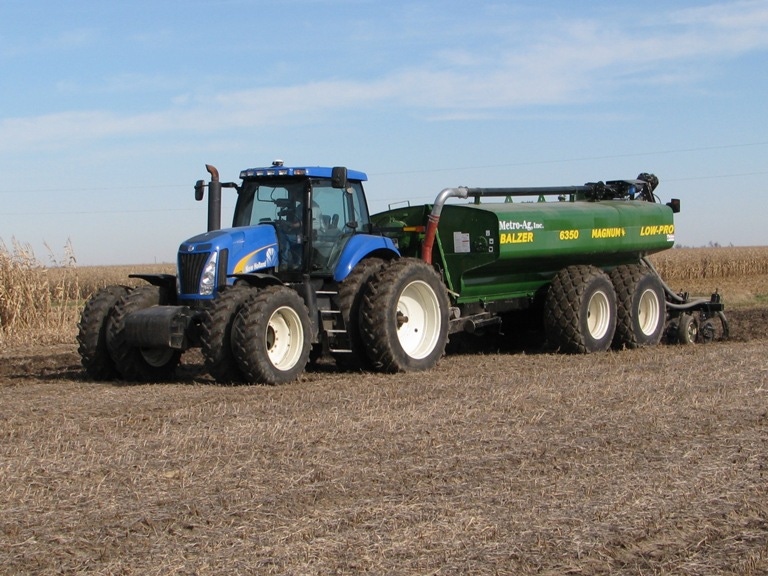Report Blames Agriculture for Water Problems, Proposes Solutions
A new report entitled, 'Troubled Waters: Farm Pollution Threatens Drinking Water," points to agricultural producers for water problems in key watersheds related to manure, nitrogen and phosphorus fertilizer runoff.

A recently released Environmental Working Group (EWG) report cites some harsh figures while laying the blame for water problems in key watersheds squarely at the feet of agricultural producers. The report, “Troubled Waters: Farm Pollution Threatens Drinking Water,” cites data indicating farm operators apply more than 12 million tons of nitrogen fertilizer and 8 million tons of phosphorus fertilizer to U.S. agricultural lands every year.
The report, citing a 2001 USDA Economic Research Service (ERS) bulletin, also indicates livestock production generates between 350 million and 1 billion tons of manure each year. According to the U.S. Geological Survey, manure is said to contribute 7 to 48% of the total phosphorus entering U.S. waters, depending on the number of livestock farms in a watershed. The consequences of nutrient overload include nitrate buildup in groundwater, eutrophication of lakes and ponds, algae blooms and oxygen depletion, according to the report.
Tile drainage is also named as a culprit in causing movement of nutrients into streams, particularly in Iowa and Illinois. Treating drinking water after it is contaminated in order to make it useable is expensive and unsustainable, according to the report.
The report focused primarily on the situation in the four Midwestern Corn Belt states of Illinois, Iowa, Minnesota and Wisconsin. Report authors suggest Congress should use the new farm bill to protect drinking water through reformed farm subsidies, renewing the conservation compact and strengthening conservation incentive programs. Download the full report at http://static.ewg.org/reports/2012/troubled_waters/troubled_waters.pdf .
About the Author(s)
You May Also Like


